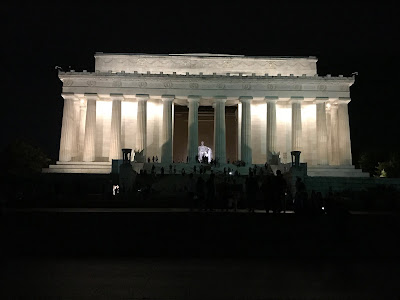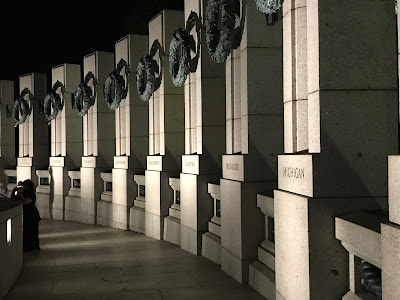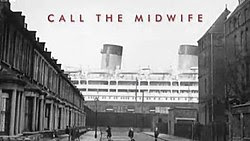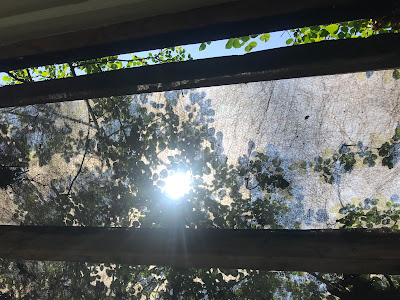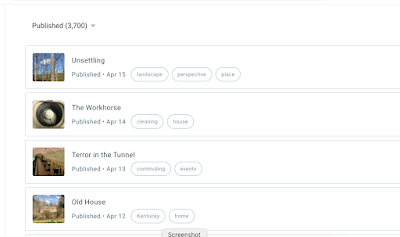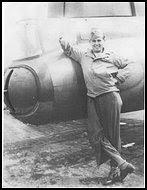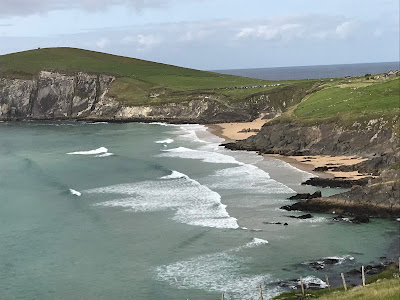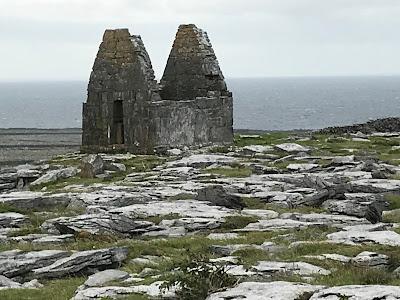Thoughts on the Fourth
On one of my first trips abroad, the passengers in the airplane burst into applause when we landed back in the U.S. It wasn’t a difficult landing or an especially long flight. But it was a less jaded age, and I, novice flyer, started clapping, too.
I had more mixed feelings re-entering the U.S. a week ago. While we were away there were more mass shootings, several disturbing Supreme Court rulings (one of which produced equally disturbing vandalism at my Catholic church last week), and explosive testimony about the actions of our former president.
I love my country, but three weeks away from it was refreshing. I read no newspapers, watched no televised news. I took a break from our Weltschmerz, an Old World term that has become a surprisingly apt way to describe our not-so-new problems.
Tyranny, inequality and intolerance have always been with us. Many came here in hopes of escaping them. But they are part of the human conditions, and they have followed us here.
In my optimistic moments I still think the grand experiment that is the United States of America can weather these difficult, polarizing times. But it will take our efforts and our prayers and our sacrifice to do so. I hope we are up to the task.

